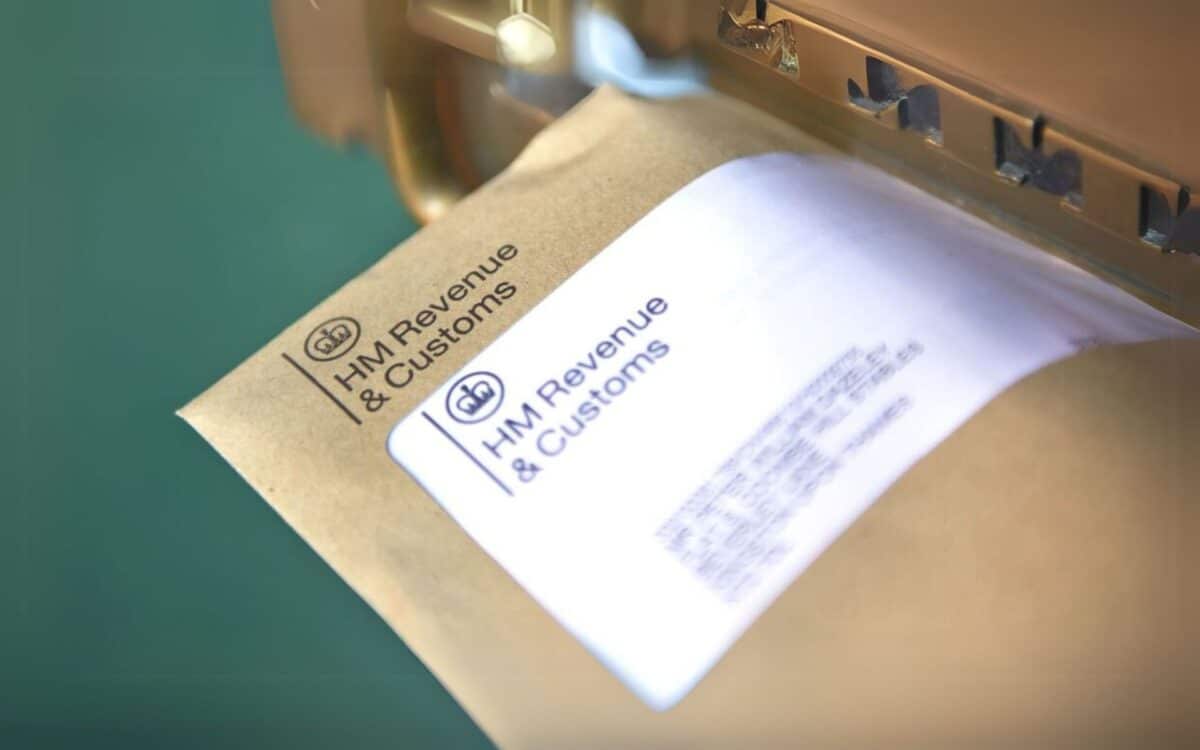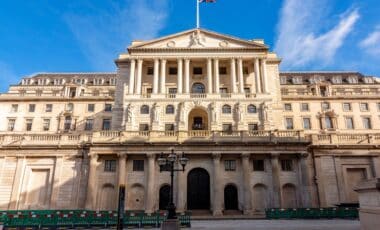People with £3,500 or more in savings could soon receive an unexpected tax bill from His Majesty’s Revenue and Customs (HMRC) due to exceeding the Personal Savings Allowance (PSA). According to Express.co.uk, HMRC has the ability to automatically track interest earnings and issue tax notices if a saver crosses their allowance limit. With higher interest rates on savings accounts, more people may unknowingly exceed their tax-free threshold, leading to unexpected deductions.
How the Personal Savings Allowance Works
The Personal Savings Allowance allows savers to earn a certain amount of interest tax-free, but the threshold varies depending on income. Those earning under £50,270 per year receive a £1,000 tax-free allowance, while individuals earning between £50,271 and £125,140 see their allowance drop to £500. Higher earners making over £125,140 per year receive no tax-free allowance at all, meaning all savings interest is taxable.
This means that even a relatively modest savings balance could trigger a tax bill. For example, a saver who deposits £3,500 into a fixed-rate savings account at 5% interest for three years would earn over £500 in interest, pushing them above the lower tax-free threshold. Since many fixed-rate accounts pay interest at the end of the term, savers could exceed their annual allowance in a single payout, resulting in an unexpected tax bill.
Higher Earners Face Bigger Tax Penalties
For those in the higher tax bracket (40%), the implications are even more severe. Any interest earned over £500 is taxed at 40%, meaning an extra £100 in interest would result in a £40 tax charge. Additional rate taxpayers earning over £125,140 face a 45% tax rate on all savings interest, making them particularly vulnerable to tax liabilities on their investments.
This tax does not apply solely to traditional savings accounts. It also covers earnings from bank and building society accounts, credit unions, peer-to-peer lending platforms, government and corporate bonds, investment trusts, and even certain life insurance policies. Many people are unaware that their entire savings portfolio could be subject to tax if they cross their allowance threshold.
How HMRC Collects the Tax
Unlike income tax, which is deducted at the source for most employees, tax on savings interest is not automatically removed. Instead, HMRC adjusts tax codes for those in employment or receiving a pension, ensuring that the tax owed on savings interest is deducted directly from their income. If the amount is substantial, taxpayers may be required to fill out a Self-Assessment tax return to settle their bill.
The issue arises because HMRC calculates tax liability based on the previous year’s earnings, meaning some savers may not immediately realize they have exceeded their tax-free savings allowance. This can lead to unexpected tax deductions in future payslips, catching many people off guard.
With interest rates remaining high, many savers could find themselves unknowingly accumulating taxable interest, leading to surprise tax bills. Those concerned about exceeding their Personal Savings Allowance should consider spreading savings across multiple tax-efficient accounts, such as Cash ISAs, Premium Bonds, or investment ISAs, which allow tax-free interest accumulation.









